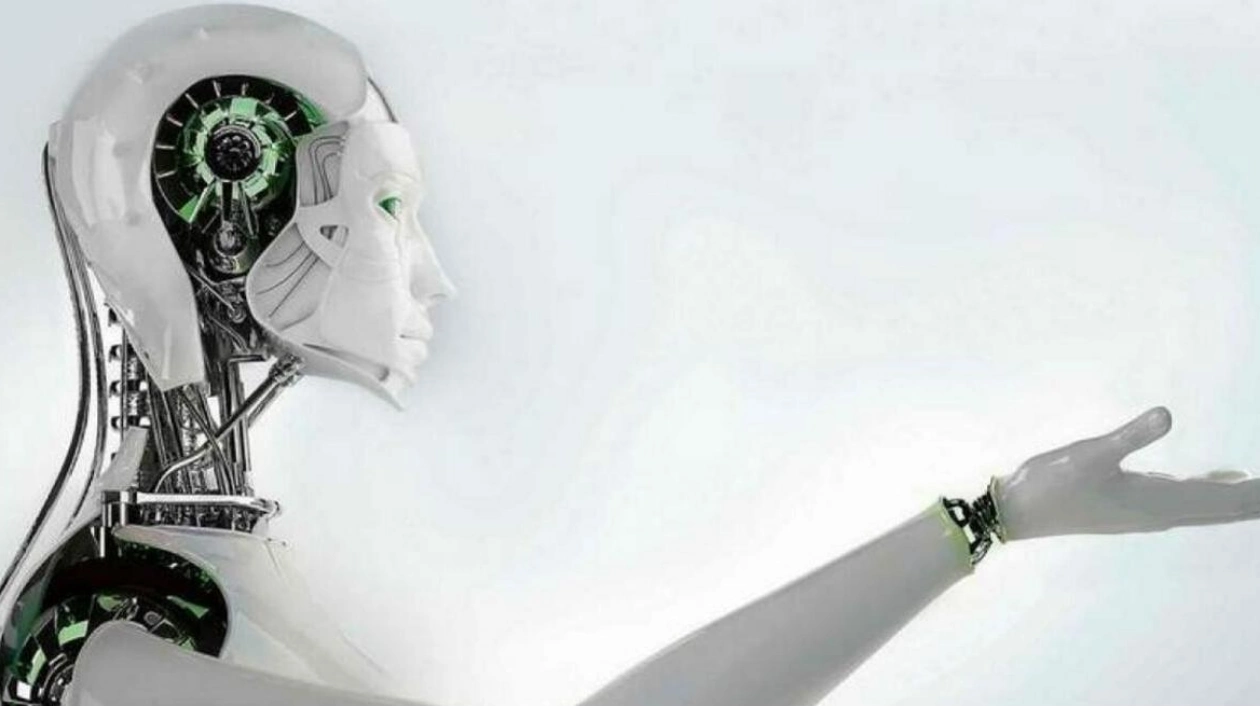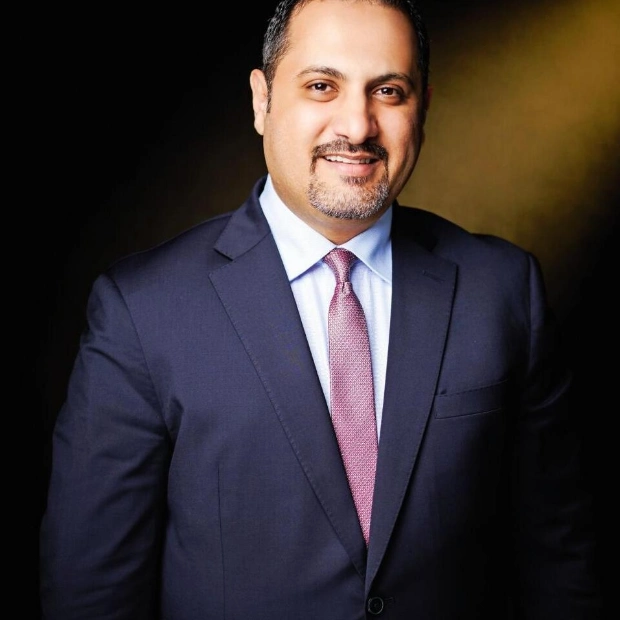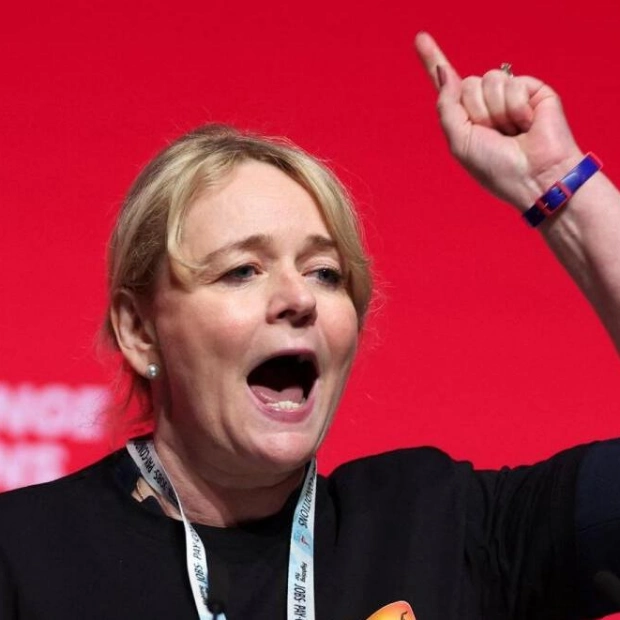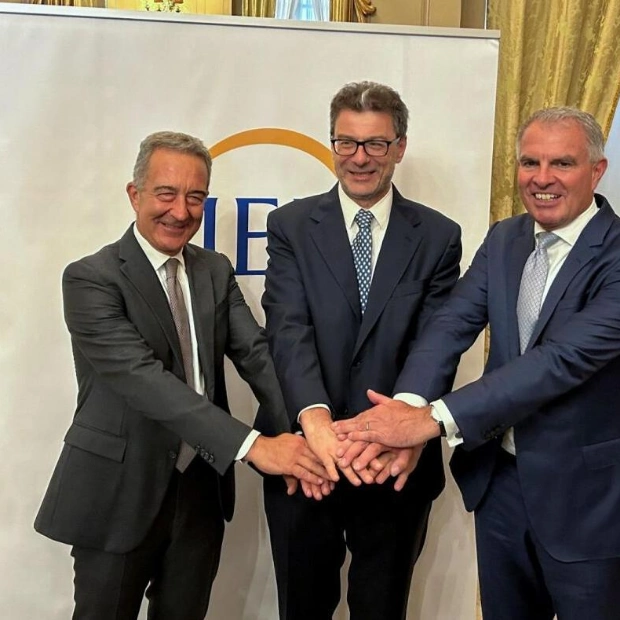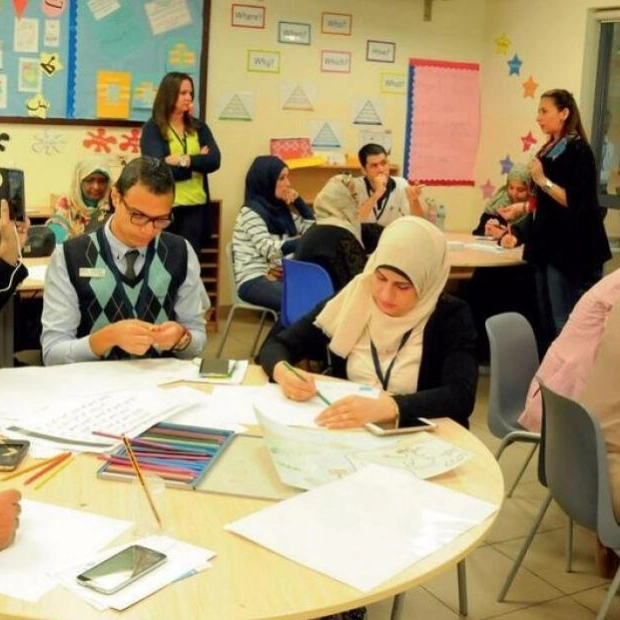Image used for illustrative purposes. Photo: File
A UAE futurist envisions a future where a computer chip could be implanted into the brain of a healthy individual within the next year. "What once seemed like science fiction is now becoming reality," stated Khalfan Belhoul, CEO of Dubai Future Foundation, during the inaugural session of the Dubai Future Forum (DFF) on Tuesday. "This development opens up possibilities we've only imagined. It could enhance memory, improve focus, and even allow interaction with technology through thought alone." Belhoul highlighted that Elon Musk's Neuralink has already successfully implanted brain chips in two patients with spinal cord injuries. However, he predicts that trials on healthy individuals may soon commence. "This breakthrough will revolutionize connections," he added.
Nevertheless, Belhoul acknowledged that this advancement raises significant ethical questions. "Indeed, brain-computer implants have long been a contentious issue. What does it signify to blur the line between human and machine? Does this redefine our understanding of humanity?" he questioned. The DFF, the largest gathering of futurists globally, will feature over 2,500 representatives from more than 100 countries discussing various futuristic themes, including the concept of time, philanthropy, healthcare, and longevity. Returning for its third iteration, the forum will span two days at the Museum of Future.
During his address, Belhoul outlined seven anticipated changes for the coming year, one of which is the appointment of the first artificial intelligence (AI) board member by a Fortune 500 company. "We've witnessed AI achieve remarkable feats, from diagnosing diseases to driving cars, predicting financial trends, and even creating art," he noted. "However, we've also seen AI emerging in executive roles. Last year, the first AI humanoid CEO was appointed to lead a company with data-driven precision." Belhoul anticipates that a Fortune 500 company will appoint its first AI board member in the near future. "This will compel us to reconsider what it truly means to lead. Can AI possess vision and purpose, or will it merely optimize for efficiency?"
In recent years, technology has permeated numerous fields, including healthcare. Belhoul explained that international genome banks are on the cusp of reaching one million samples. Both the UAE and UK genome banks currently hold over half a million samples. "This signifies the dawn of a personalized healthcare era, where we can foresee and prevent certain diseases before they manifest," he said. "However, it also prompts profound questions about the responsible use of this knowledge. This million-sample milestone would not only be a scientific triumph but also a gateway to reshaping our health strategies and human protection measures."
Source link: https://www.khaleejtimes.com
